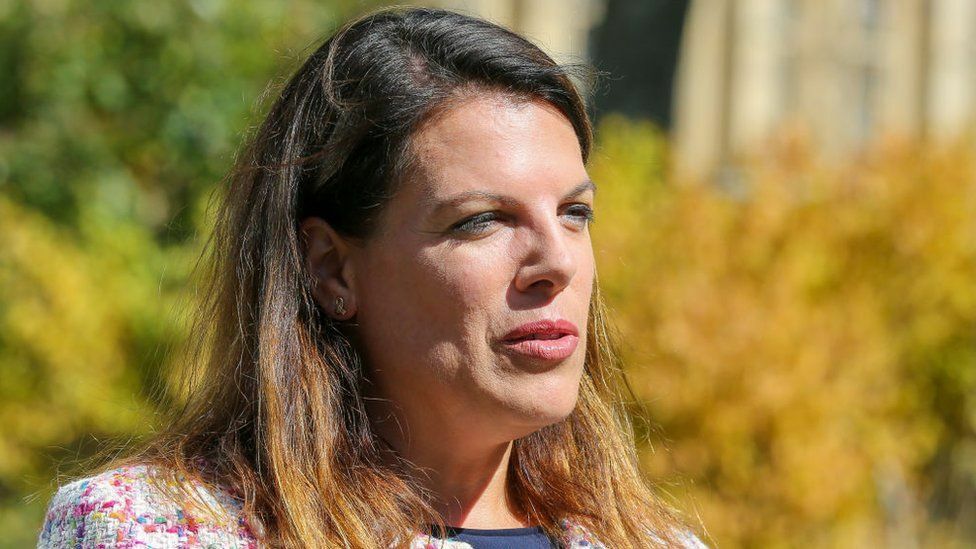Mother jailed for illegal home abortion ignites calls for UK law reform

Carla Foster, a mother of three, has been jailed after inducing an abortion outside the legal limit using pills at home, sparking calls for a parliamentary debate on overhauling abortion rules. The 44-year-old was sentenced to 28 months, with 14 of those months to be spent in custody. Foster was between 32 and 34 weeks pregnant when she took medication acquired through the “pills by post” scheme introduced during lockdown. Abortion is legal up to 24 weeks in the UK, and the procedure must be carried out in a clinic after 10 weeks.
Caroline Nokes MP, chair of the Commons equalities committee, stated that the 1861 law used to prosecute Foster was “out of date” and urged Parliament to reconsider the legislation. Labour MP Stella Creasy also called for urgent reform, and Madeline Page, director of the Alliance of Pro-Life Students, agreed that a parliamentary debate on abortion would be welcome.
The British Pregnancy Advisory Service (BPAS) expressed shock and outrage at the use of the “archaic law” to prosecute Foster, joining 30 campaign and health groups calling for the law’s repeal to decriminalise women seeking to end their pregnancies. Clare Murphy, chief executive of the BPAS, highlighted the growing number of women coming under police investigation for suspected illegal abortions.
A Crown Prosecution Service spokesperson acknowledged the rarity and complexity of cases like Foster’s and emphasised the duty of prosecutors to ensure that laws set by Parliament are properly considered and applied. Prime Minister Rishi Sunak’s official spokesperson stated that they were “not aware” of any government plans to change abortion laws.
Dame Diana Johnson, chair of the home affairs select committee, called for the government to decriminalise abortion, arguing that it was a “sensible, reasonable step” but not to deregulate abortion care and who can provide it. The court heard that Foster had been “in emotional turmoil” as she sought to hide the pregnancy, and the judge acknowledged that she was a good mother to her three sons. However, he rejected appeals from women’s health organisations for a non-custodial sentence, stating that it was the court’s duty to “apply the law as provided by Parliament”.
Latest Thailand News
Follow The Thaiger on Google News:
























